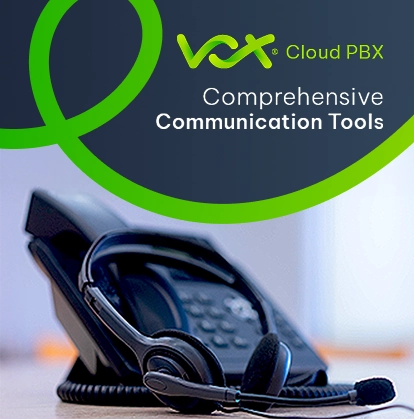By Vox CEO, Jacques du Toit
A number of planned communities being built with connectivity at their core – and not Johannesburg and Cape Town – are leading the local race toward being truly integrated smart cities that are using technology to enhance livability, workability and sustainability.
Cities around the world are increasingly turning to ICT to solve challenges arising from rapid urbanisation, inadequate infrastructure and residents demands for enhanced livability, workability and sustainability.
Smart cities collect data about themselves through a variety of means, communicate that data using wired or wireless connectivity, and then analyse the data to understand what is happening, and predict what is likely to happen in future.
While the smart city concept is gaining momentum in South Africa, local cities are still a long way off when compared to their counterparts in the US, Europe or – closer to home – with Dubai.
A major challenge deals with issue of legacy – it’s why we don’t believe that the first smart city in South Africa will be Johannesburg or Cape Town. These major urban areas have been built over a period of time using closed systems that aren’t designed to connect or communicate with each other.
Smart city initiatives often fail because of this siloed approach to city management, but overhauling these systems requires substantial investment. As such, turning these existing urban environments into smart cities takes time and upgrades need to be implemented in a staggered and economically sustainable manner.
Partnerships key to connectivity
However, this doesn’t mean that there aren’t any smart cities in South Africa: smart city environments are being driven by developers who are entering into strategic partnerships with ICT providers to deliver broadband internet access to planned mixed-use communities and large-scale shopping centres around the country.
Planning is critical and Vox has been working with multiple top level developers in the country to ensure new developments are built with connectivity in mind from the very start. Without an abundance of data, and the ability to manage that data, a smart city or even a smart home cannot function.
Through these partnerships, Vox has developed an engagement model specifically geared towards the property development market in both the residential and retail space. We have a selection of agile and tactical models which can be customised and tailored to the customer’s specific needs along with dedicated resources that are staffed to meet the property developer’s requirements. Our formula is unique and we invite property development companies to talk to us about so that we can understand customer needs and align ourselves with meeting their business objectives and successes.
Developers have also realised that providing open-access high speed connectivity helps differentiate their properties in a competitive landscape and lay the groundwork for the creation of smart communities.
Economies of scale at such developments also mean it is far more cost-effective for connected homes to be offered off-plan. Some planned communities are even offering connectivity as a ‘fourth utility’ – in addition to electricity, water and gas – with the costs being added to the homeowner’s estate bill.













